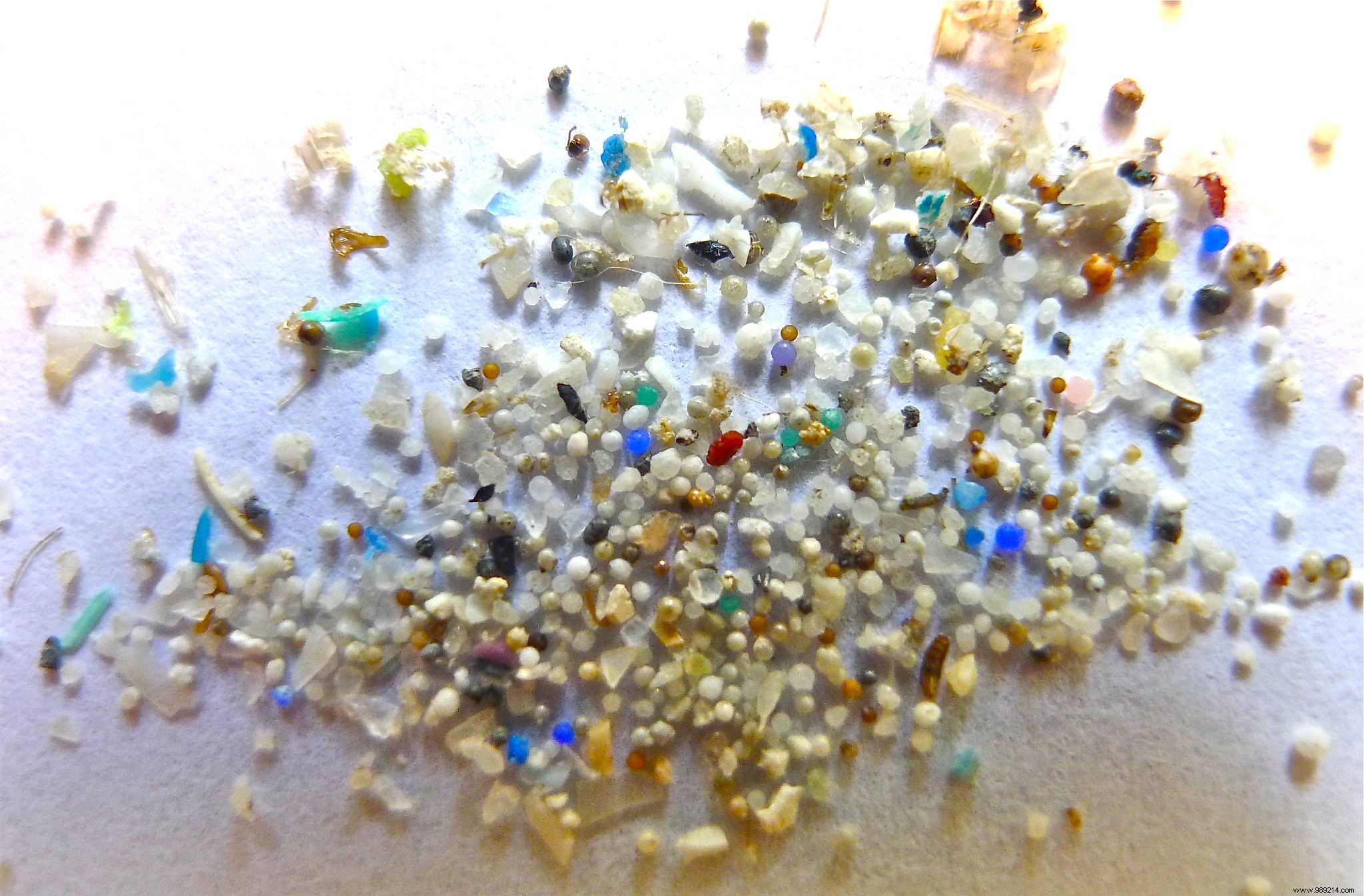According to a study conducted in Ireland, some baby bottles release up to 16 million microplastics per litre. Each child ingests more than a million every day. The researchers now want to understand the potential consequences of this ingestion rather than alarming unnecessarily on the results of this study.
While the issue of microplastics is becoming more and more important, a recent study focuses on the particles released by baby bottles. According to a team from Trinity College Dublin (Ireland) who published a study in the journal Nature Food on October 19, 2020, a baby can swallow more than a million microplastics each day ! The leaders of the study tested the best-selling polypropylene baby bottles on the market. They exposed them to the preparation procedure advised by the World Health Organization (WHO). This consists of sterilizing the bottle and preparing the formula using water at 70°C in order to eliminate unwanted bacteria.
Researchers indicate that some baby bottles can release up to 16 million particles per litre. Indeed, the release of microplastics results from the temperature of the water for the preparation of milk. According to the authors, water heated to 95°C can release up to 55 million particles per litre ! On the other hand, in the case of water heated to only 25°C, the number of particles drops to around 500,000. Based on sales figures for bottles in 48 countries, the researchers estimated that a baby of 12 months ingests an average of 1.5 million microplastics per day . Moreover, the phenomenon is more important in developed countries since breastfeeding is a less common practice.

The authors of the study indicate that they do not want to alarm parents unnecessarily. Indeed, researchers do not have enough information on the consequences of the phenomenon to make a formal statement. In any case, the extent of microplastic contamination in food no longer needs to be proven. In the summer of 2020, WWF published a report claiming that the average person ingests up tofive grams of plastic per week , the equivalent of a credit card.
Nevertheless, unknowns remain regarding the health impact. Are there any risks regarding the ingestion itself? And concerning chemical risks of additives? Some researchers go there with their hypothesis. For example, the particles could pass through the body very quickly. Furthermore, regarding polypropylene bottles, these have been particularly highlighted since 2010, when bottles containing bisphenol A were banned.
Trinity College Dublin researchers have shared several recommendations. The goal? Limit infant exposure. For example, rinse the bottles several times in cold sterilized water , prepare the milk powder in a container other than plastic and pour the cooled liquid into the bottle. In addition, it is incumbent on you to avoid shaking the bottle too much and placing it in the microwave.